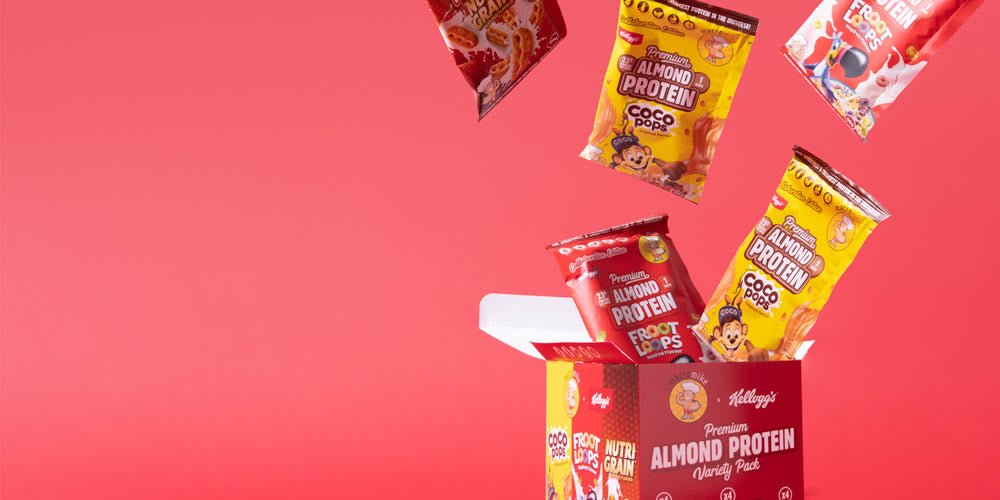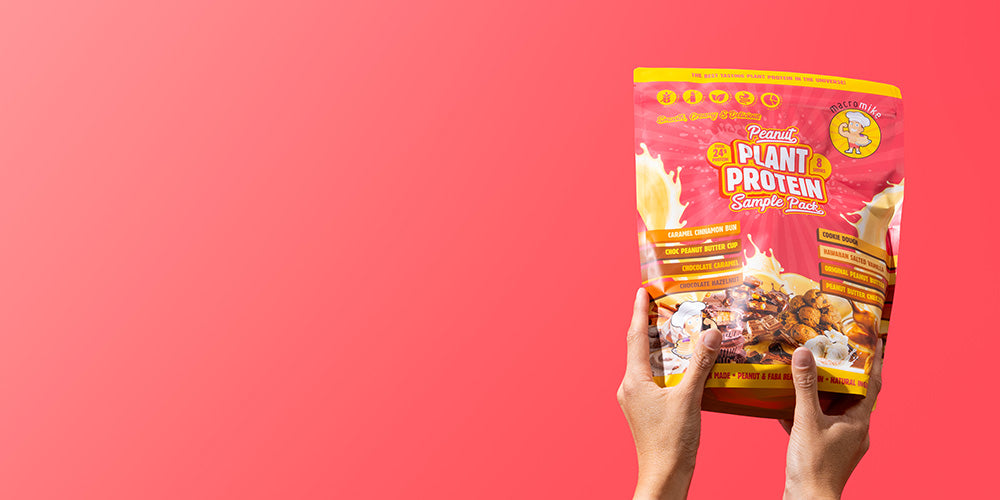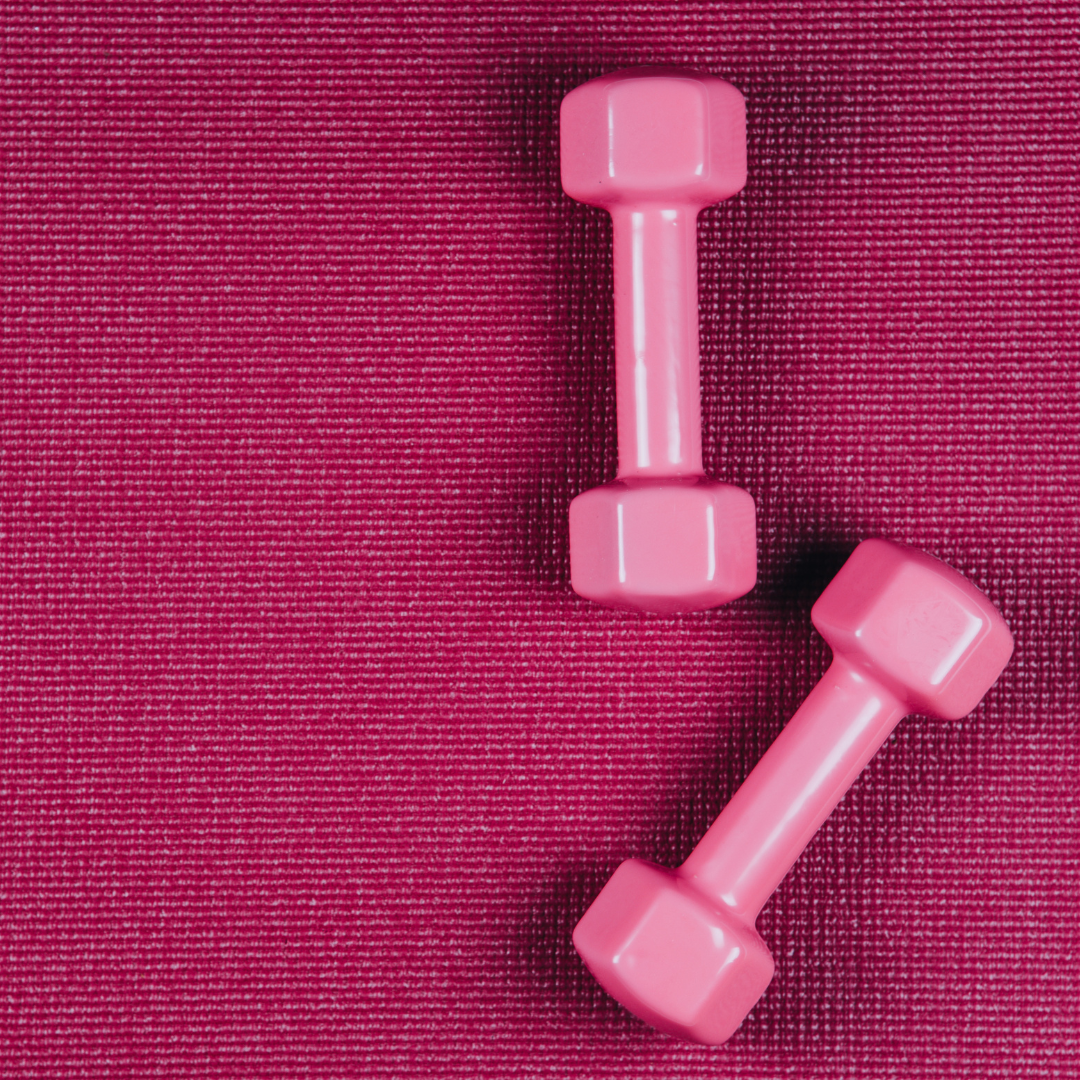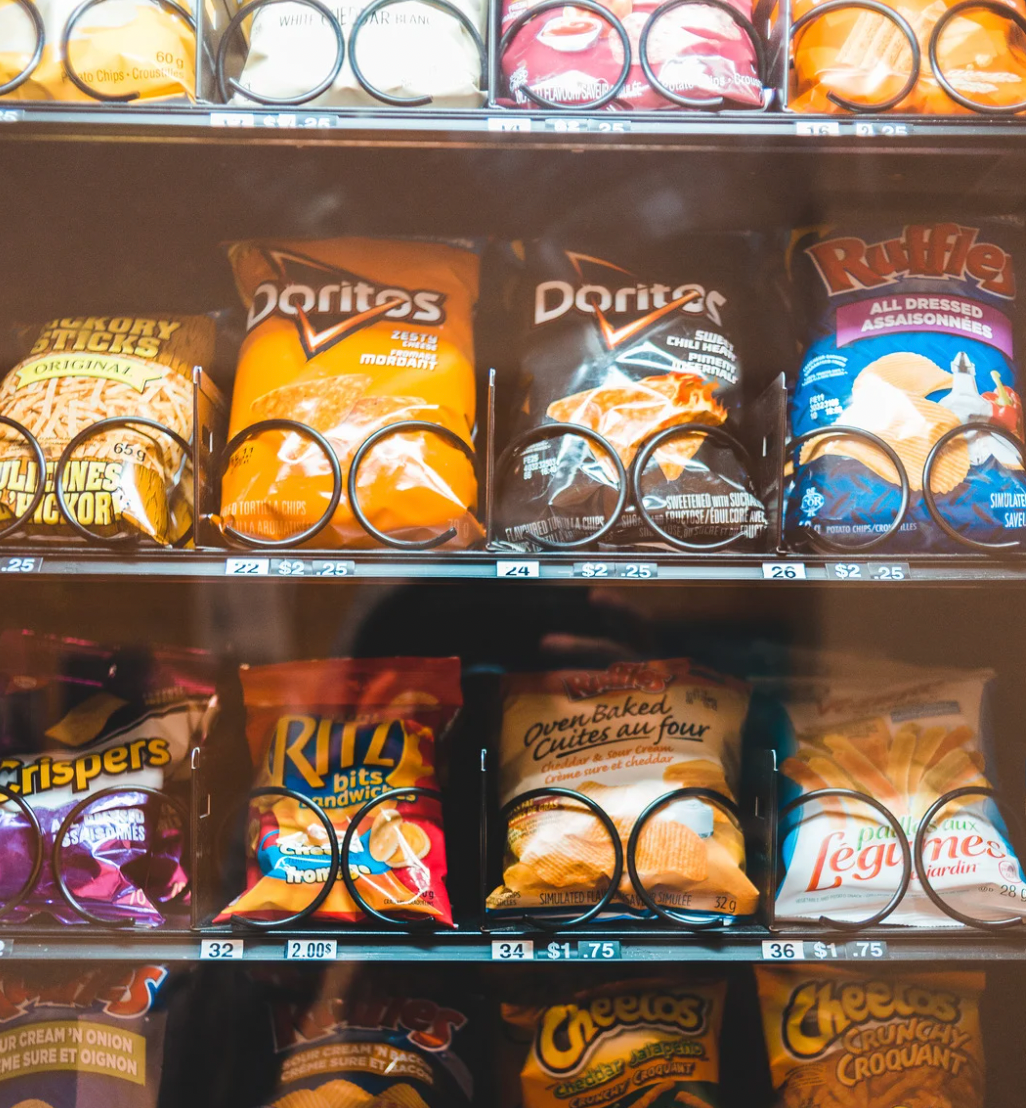2 MINUTE READ👇
A lot of people think that just having one good meal with protein in the day – e.g. chicken or tofu stir-fry for dinner – and sprinkling it in throughout the rest of the day – e.g. a tub of yoghurt at breakfast, and a small tin of chickpeas at lunch - is enough to be ticking the box. In reality, it’s nowhere near.
Protein is often associated with building muscle, but even if you never set foot in a gym, you’ll function best with about 1g of protein per kg of body weight per day, and 20-30g protein per meal. This might mean nothing to you without context – I’ll save the details of this for another blog. It’s worth taking note that with the example above, you’d be lucky to get ~40g protein across the whole day, which is only about half of what most people need at minimum!
Protein is involved in all sorts of processes – immune function, bone strength, enzyme reactions (e,g. breaking down food and supporting digestion), blood sugar regulation, hormonal function, hair growth, skin quality, nail strength, and is the nutrient that keeps us the most full after eating.
If you’re not getting enough protein, you’ll pretty quickly start seeing the effects. You could experience things like:
- Getting sick a lot
- Brittle nails
- Hair loss
- Feeling hungry soon after meals
- Always thinking about food
- Struggling to shift weight
- Feeling weak
- Losing muscle definition
- Often feeling exhausted
- Getting out of breath easily
- Dizziness
And if you are a gym goer, you might notice things like:
- Not progressing in your workouts
- Poor recovery from your workouts
- Frequent injuries
*Note – these symptoms could also come from other nutrient deficiencies or lifestyle factors so it’s always important to consult a health professional if you’re experiencing any of these.
It can take a decent amount of planning to get enough protein, especially if you’re plant based, as foods like beans and lentils have a far lower protein content than animal based proteins. If you do eat meat, fish, eggs and dairy, aim for these foods to make up a good quarter of your meals. If you’re plant based, incorporating more soy based foods like tofu, tempeh, soy milk, and edamame is a really helpful way to boost your intake.
Protein powder also comes in really handy as a super convenient way to top up. You can either add it to a meal, or just have it on its own as an easy and delicious snack. Personally I love adding protein into breakfast, as it keeps you nice and satisfied, and often stops you reaching for snacks all throughout the morning. Lately I’ve been loving making a chia pudding by mixing together chia seeds and Macro Mike cookies and cream almond protein, then topping with chopped almonds, cacao nibs and berries on top – you have to try it.
To make sure you’re getting enough protein, think about what you typically eat day to day and consider whether it’s time to make some tweaks. Your body will thank you for it!

Hi, I'm Helena! Dietitian, nutritionist and plant-forward eater providing tailored nutrition services to women navigating their gestational diabetes and postpartum journey.
Instagram: @nutrition.by.helena
Website: https://nutritionbyhelena.com/

































